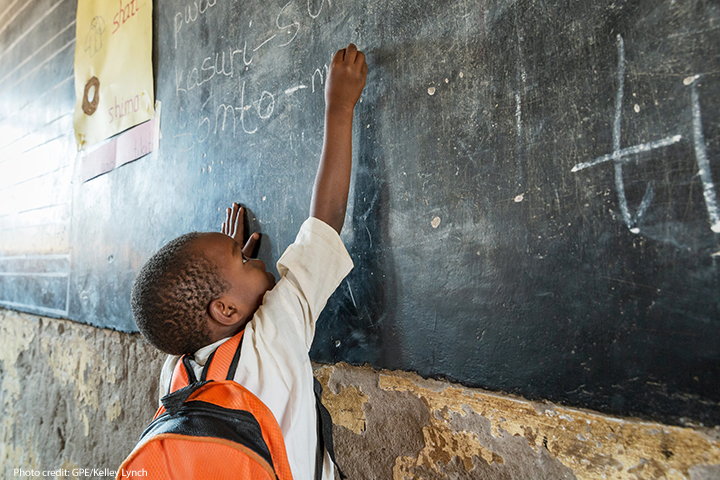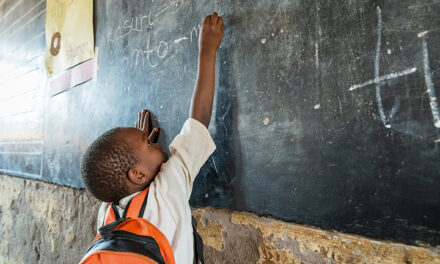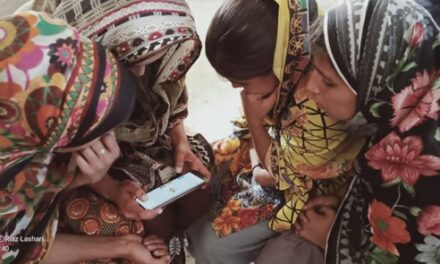This article is by the theme convenors of one of six 2023 UKFIET conference themes, ‘Rights, equity and inclusion’: Line Baagø-Rasmussen, Social and Behaviour Change Specialist – Education, UNICEF Education Section NYHQ, and Samantha Ross, International Programme Director for Link Education International. The convenors have gathered some highlights from conference sessions relating to their theme.
It was great to be back in person at UKFIET 2023, and together with the online day the week before, we managed to hear a multitude of contributions to the Rights, Equity and Inclusion theme. Here are some key thoughts and take aways that we gathered over the course of the conference.
Despite receiving over 250 abstracts, only one shared learning on children who live and work on the street. This was an inspiring presentation of this underrepresented and complex group. Presenters at the conference highlighted a general lack of investment in inclusive education especially in resource-constrained locations and in areas often sidelined, such as TVET.
Linking well with the overall conference theme of ‘Education for Social and Environmental Justice’, the continued need for context to drive interventions in classrooms was highlighted. A session on violence in schools and the role of schools in ending gender-based violence and changing perspectives on corporal punishment stressed the complexity of understanding the specific drivers and not least behavioural acceptance of dominant norms to be able change them. A thought-provoking presentation on arts-based methods in promoting social justice and peace education challenged conventional methods of discipline to allow children to grow and learn. Interesting work on languages and the medium of instruction brought more evidence showing that teaching in a learner’s home language supports not only improved learning outcomes, but also soft skills such as confidence, self-esteem and teamwork. Even multi-lingual teaching within classrooms can work, if the resources are available and the school leadership, teachers and parents understand the benefits and drive it forward.
This leads to the theme of who drives change. It was clear across many presentations that for any developments in education systems, success will only come if teachers are part of decision-making and can help mould how change is driven forward. Similarly, learners should be part of research tool development enabling those impacted to structure the questions they think are most significant to their wellbeing and learning.
We can end by echoing the ‘Nothing about us without us’ mantra that fits well if we really want to make education for social and environment justice central to future progress. Maybe the next UKFIET conference should take up this call and make even more space to hear from actual teachers, learners and education activists – maybe these folk should be the conference convenors and decide who presents what to whom …





